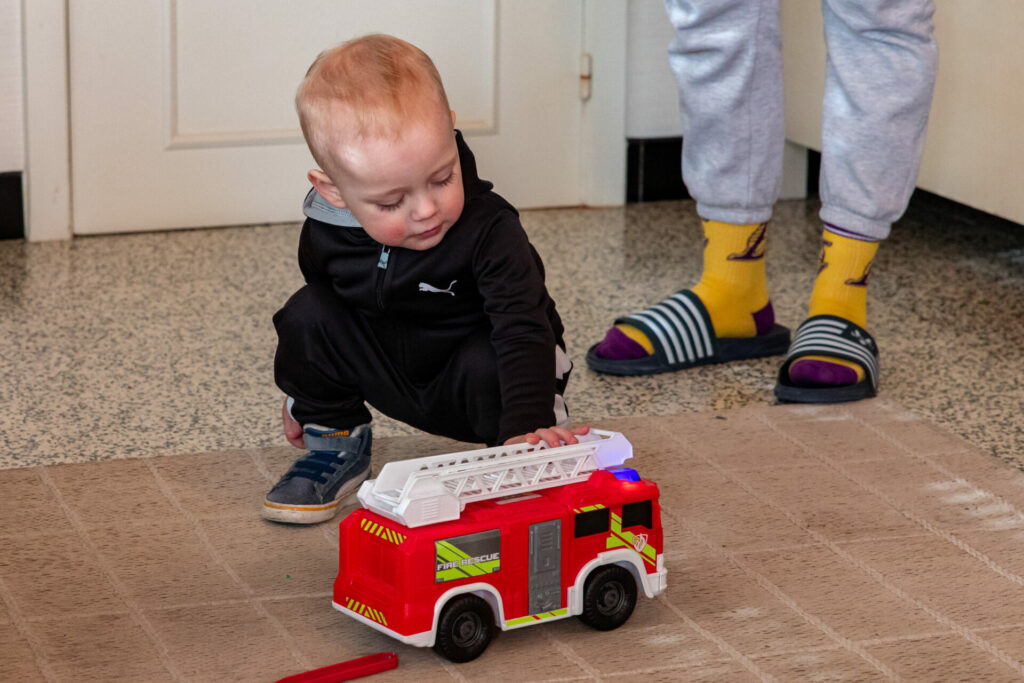One in seven children in Belgium (14.5%) lives in a household at risk of poverty, with the most vulnerable in Brussels, according to Statbel, the Belgian statistics office.
As is the case with the overall population, children in the Brussels Capital Region are the most affected, while those living in the Flemish Region are the least affected.
"For example, 15% of children under the age of 16 in Brussels are financially unable to afford new clothes, compared to 11% in Wallonia and 6% in Flanders," a report read.
Growing up in a household at risk of monetary poverty — which in Belgium means living in a household with a total disposable income below the poverty line, which is €2,703 for a household of two adults and two children under 14 — has a major impact on a child's health, upbringing and social life.
Food, education and leisure
For a small percentage of children from poor backgrounds, the food they have access to is limited, with 7% of children living below the poverty line not eating meat, fish or a vegetarian alternative every day, while 3% don't eat fruit and vegetables every day.
Related News
- One in seven Belgians go hungry because of financial issues, says survey
- More middle-class people flock to food banks in Brussels
Almost 10% do not have age-specific books, 16% do not have outdoor toys and 11% do not have adapted toys. Clothing-wise, a third of them (33%) only own second-hand clothes.
Aside from affecting the material goods children have access to, monetary poverty also "affects children's social life and hinders their participation in age-appropriate activities," Statbel found.
The financial situation of their household prevents a quarter of them from leisure activities, such as being members of a sports club or youth movement, and 14% from inviting friends over to play. Going on holiday for even one week a year is also financially impossible for almost six in 10 of these children.
Children are more vulnerable to material deprivation when they are part of a single-parent household, have at least one parent of non-European origin or belong to a renter household.

